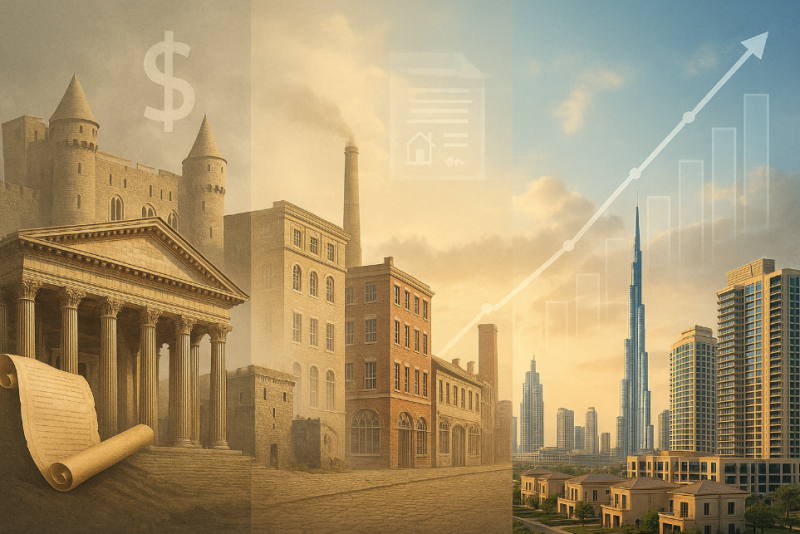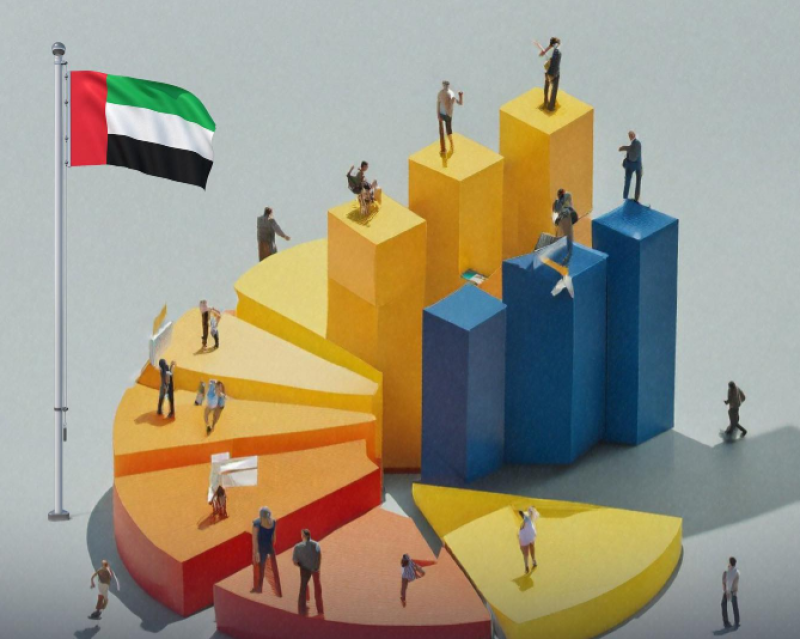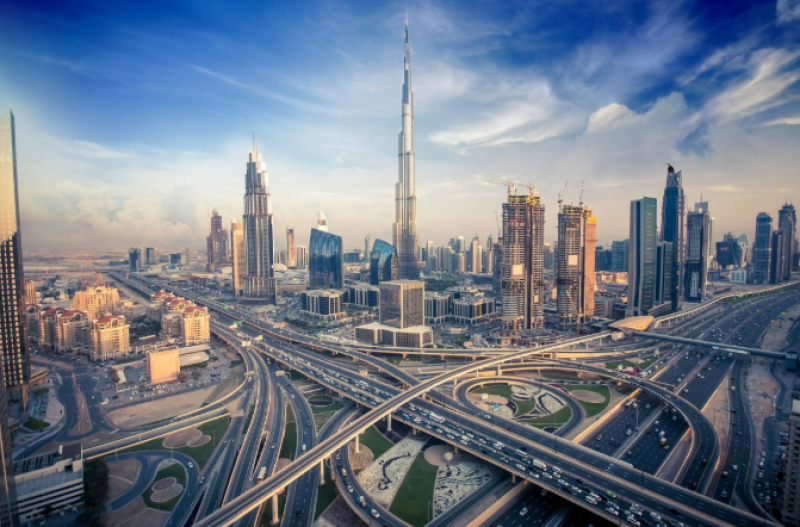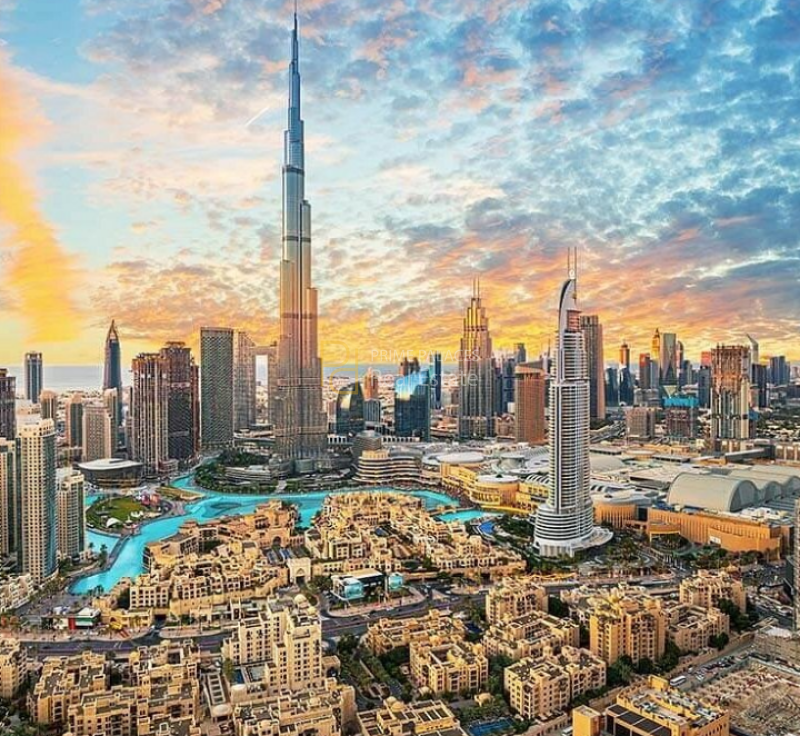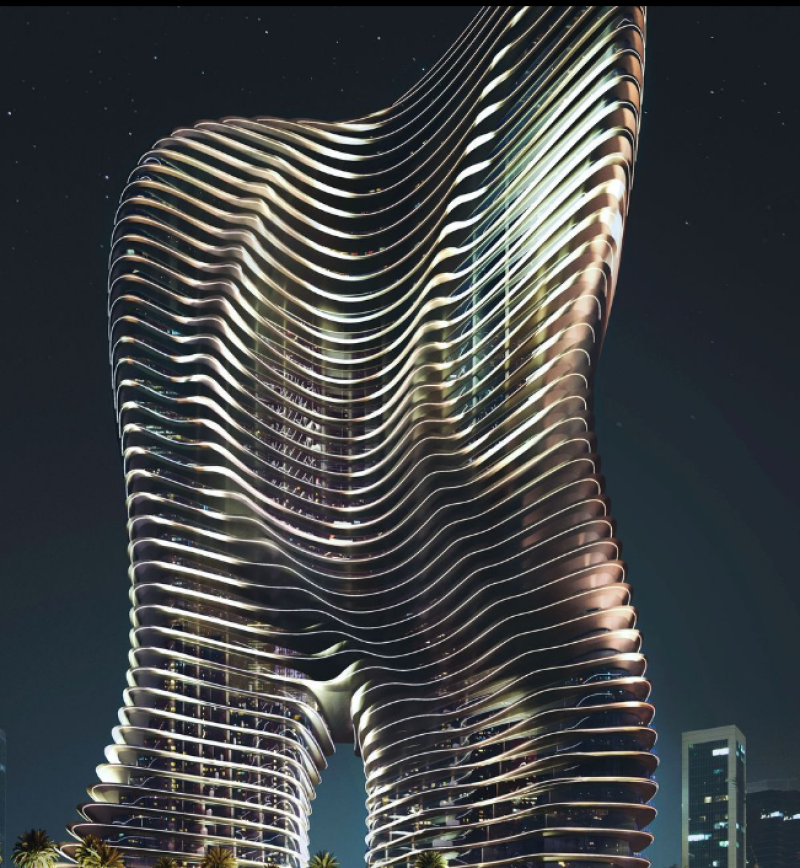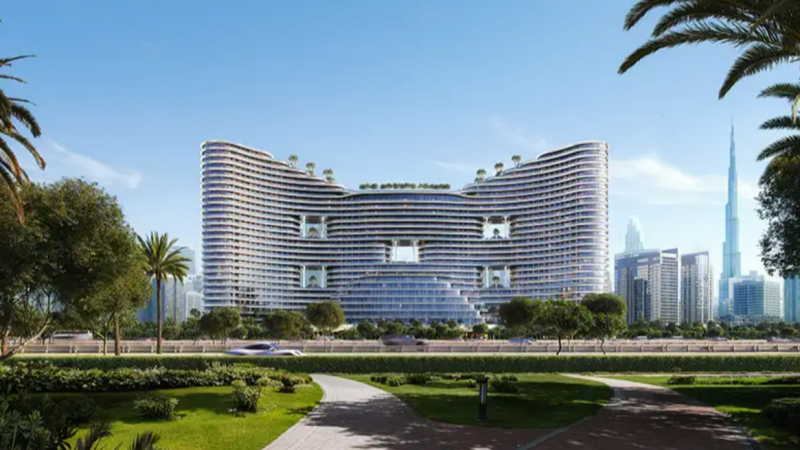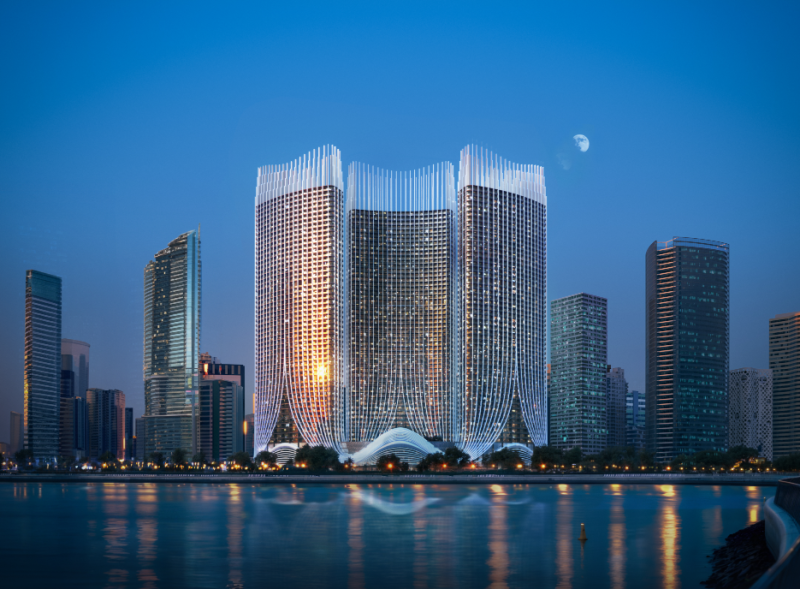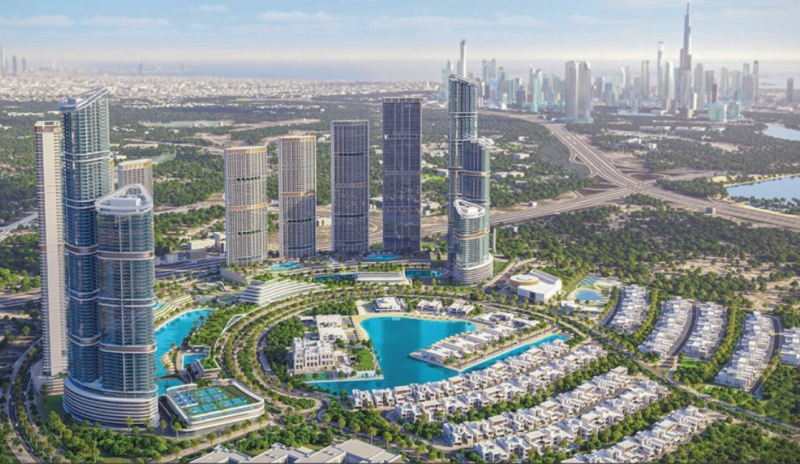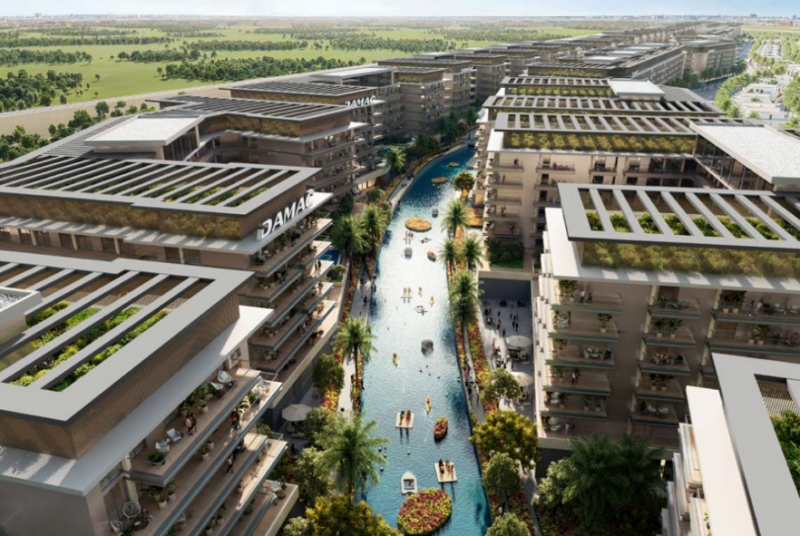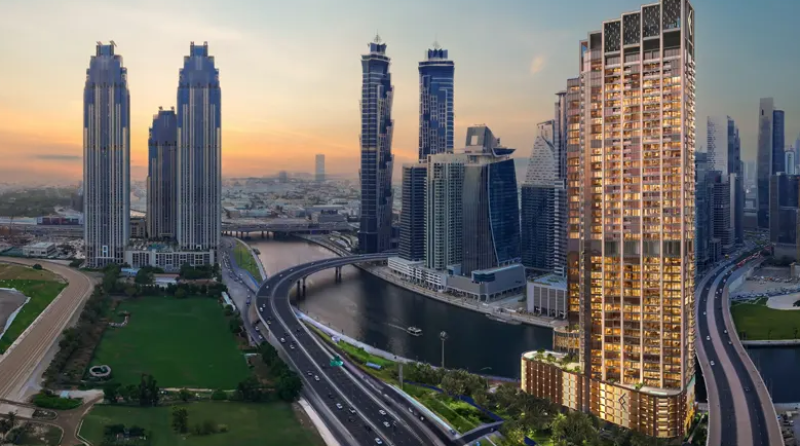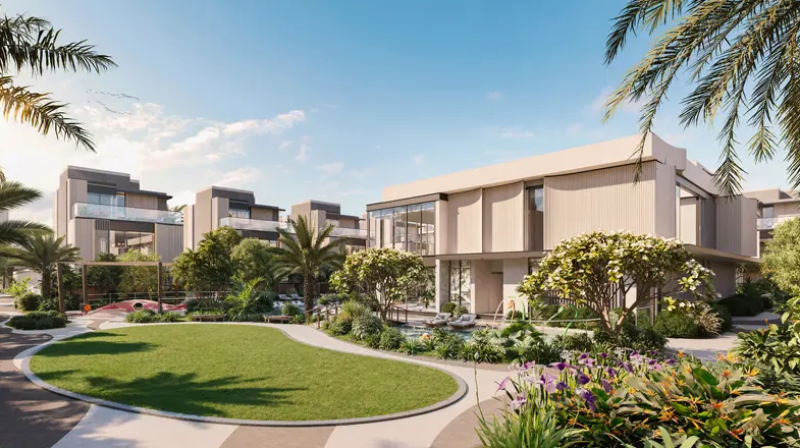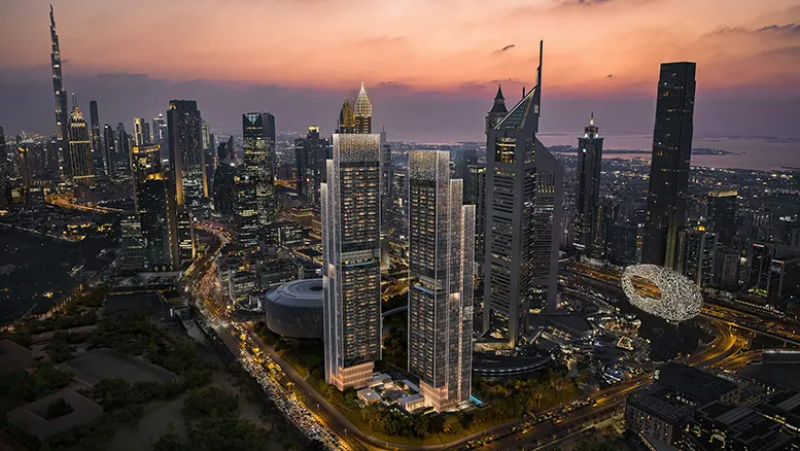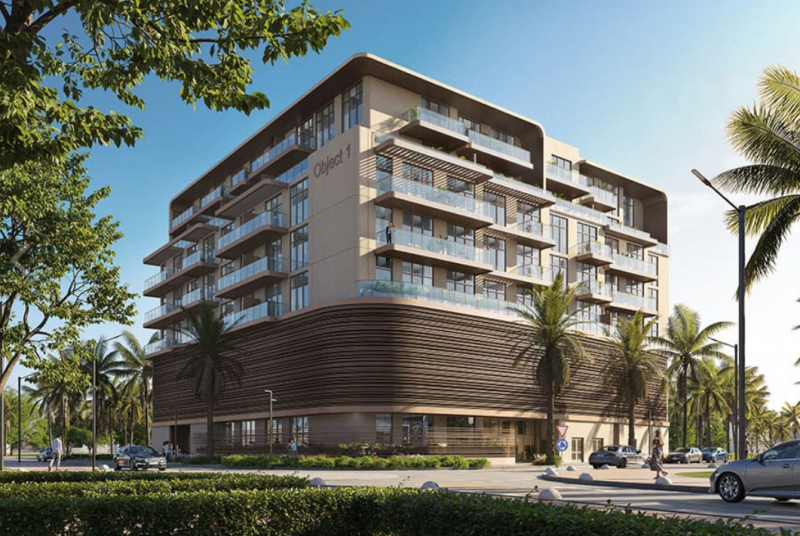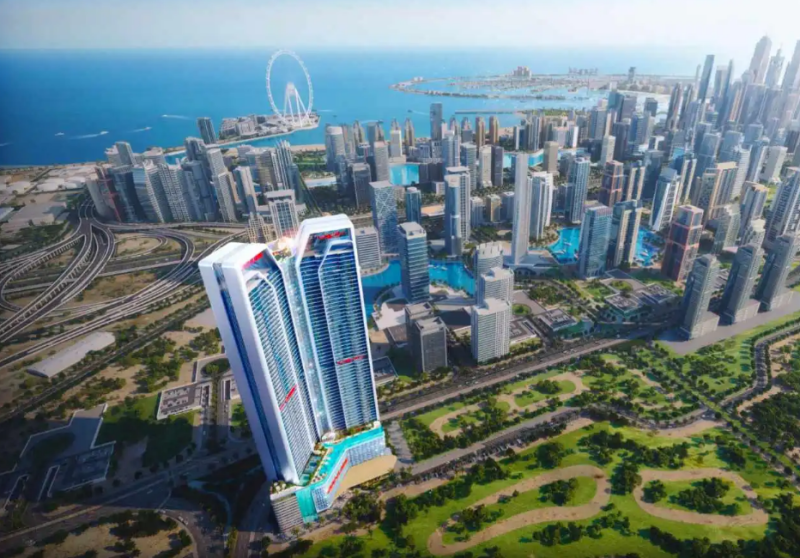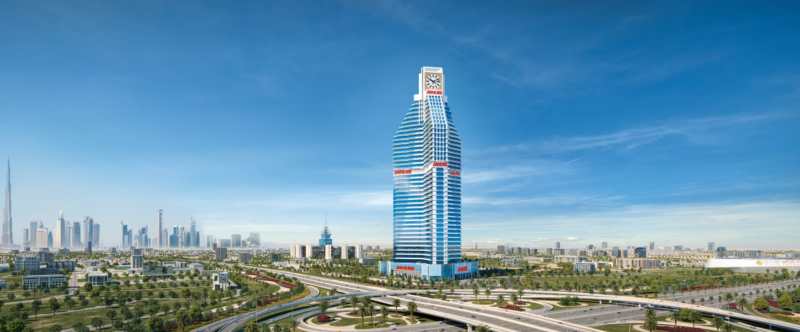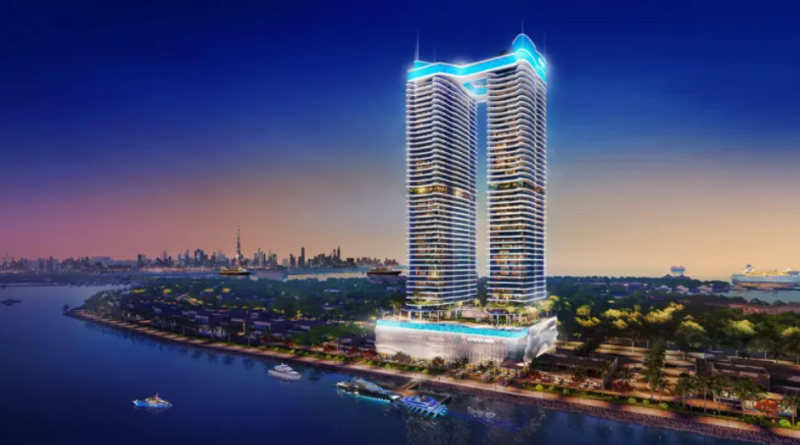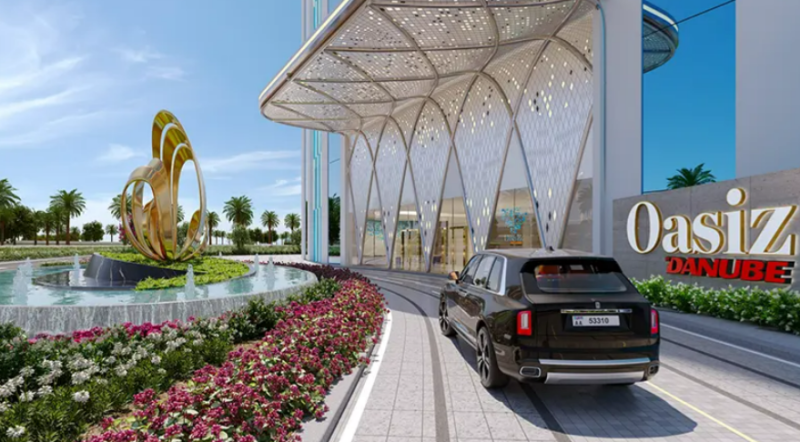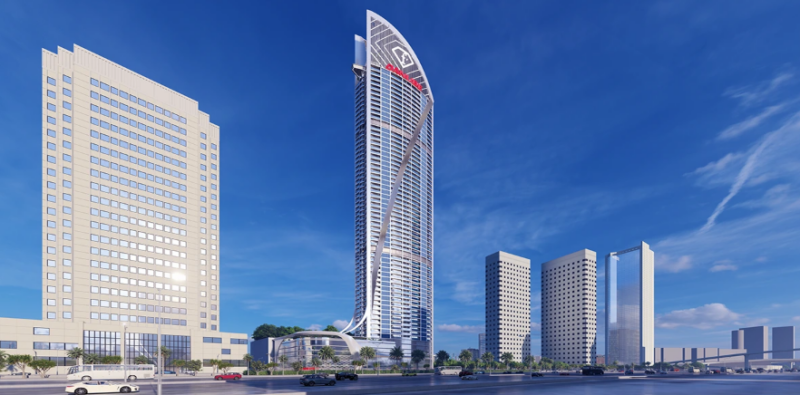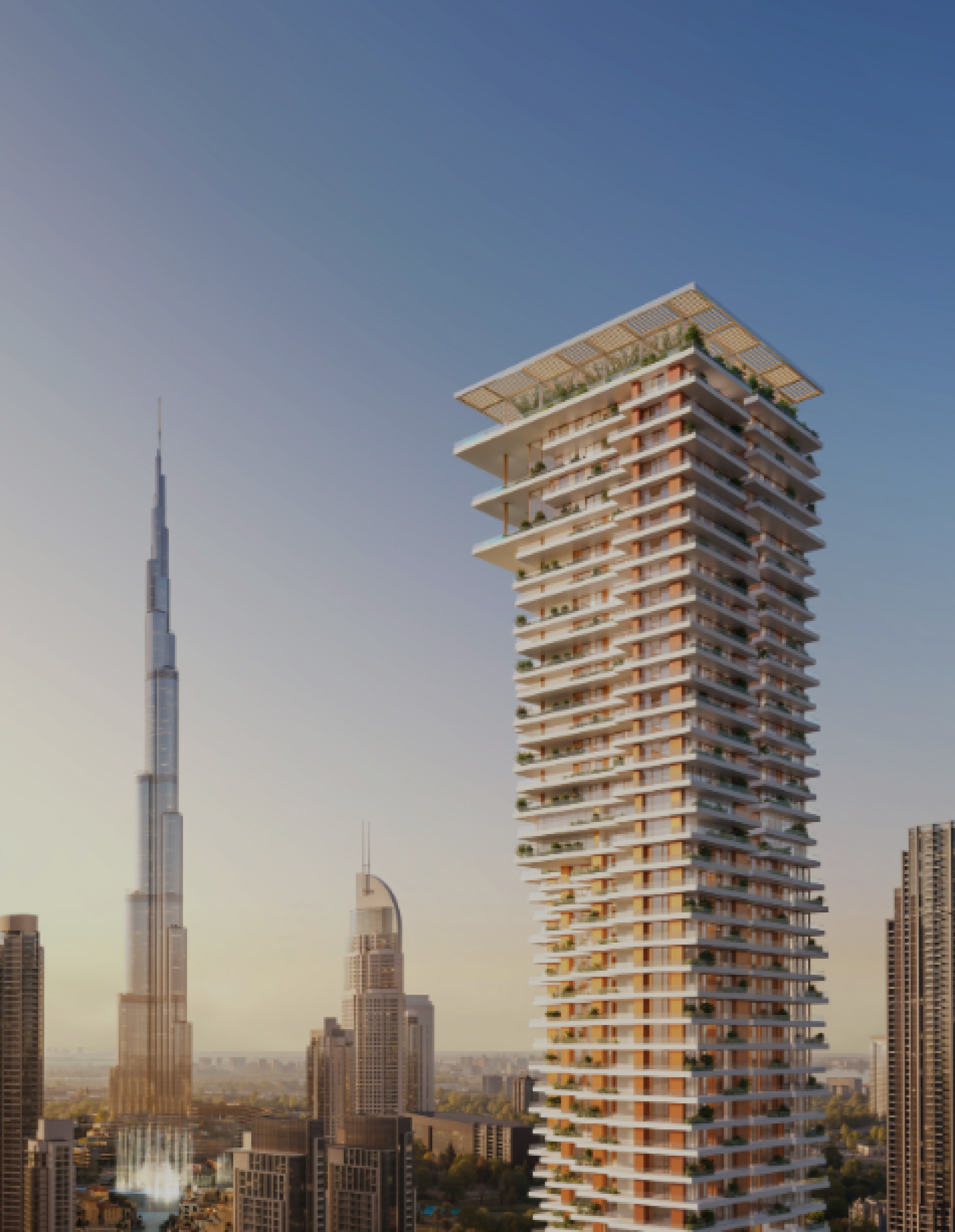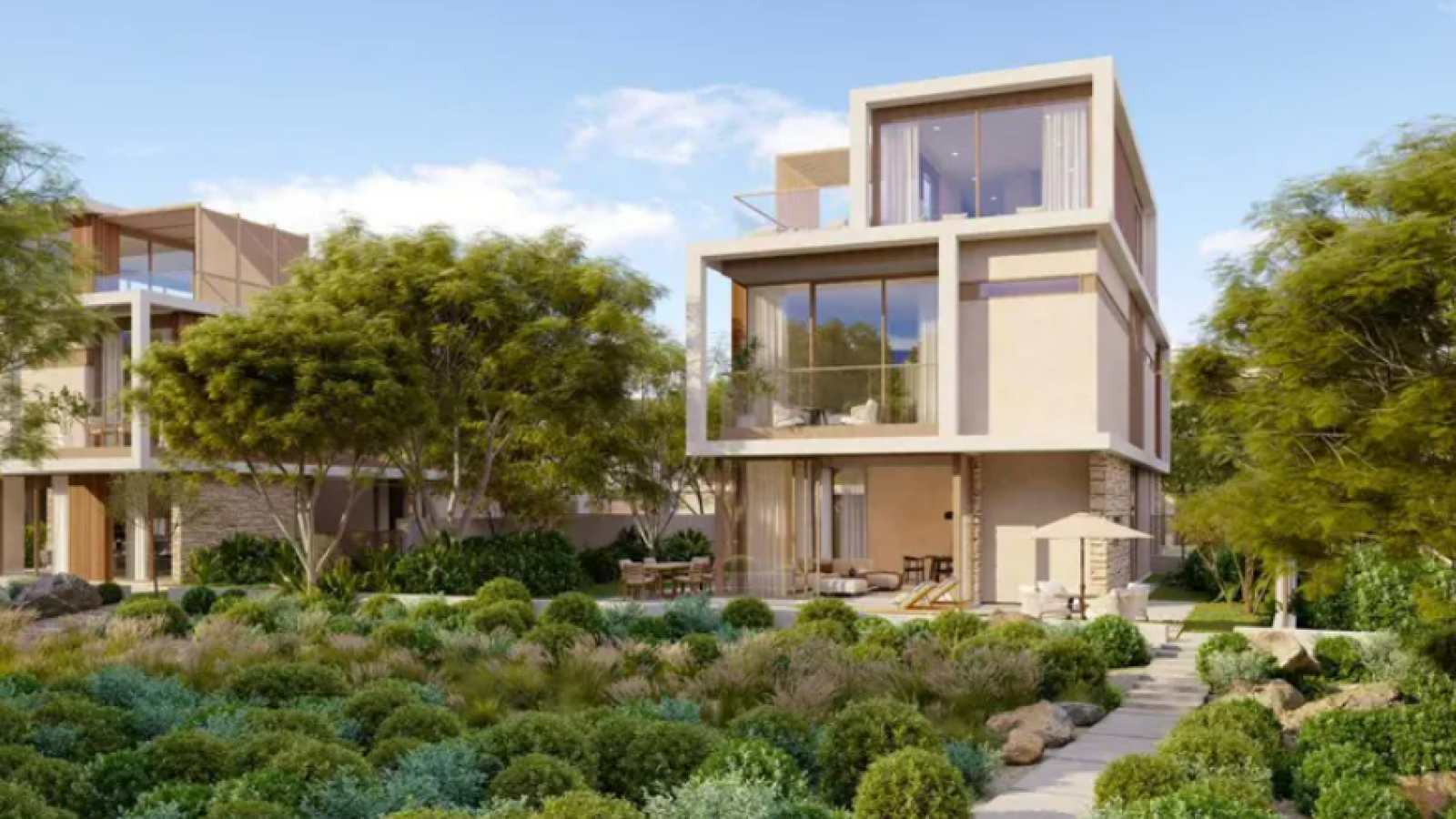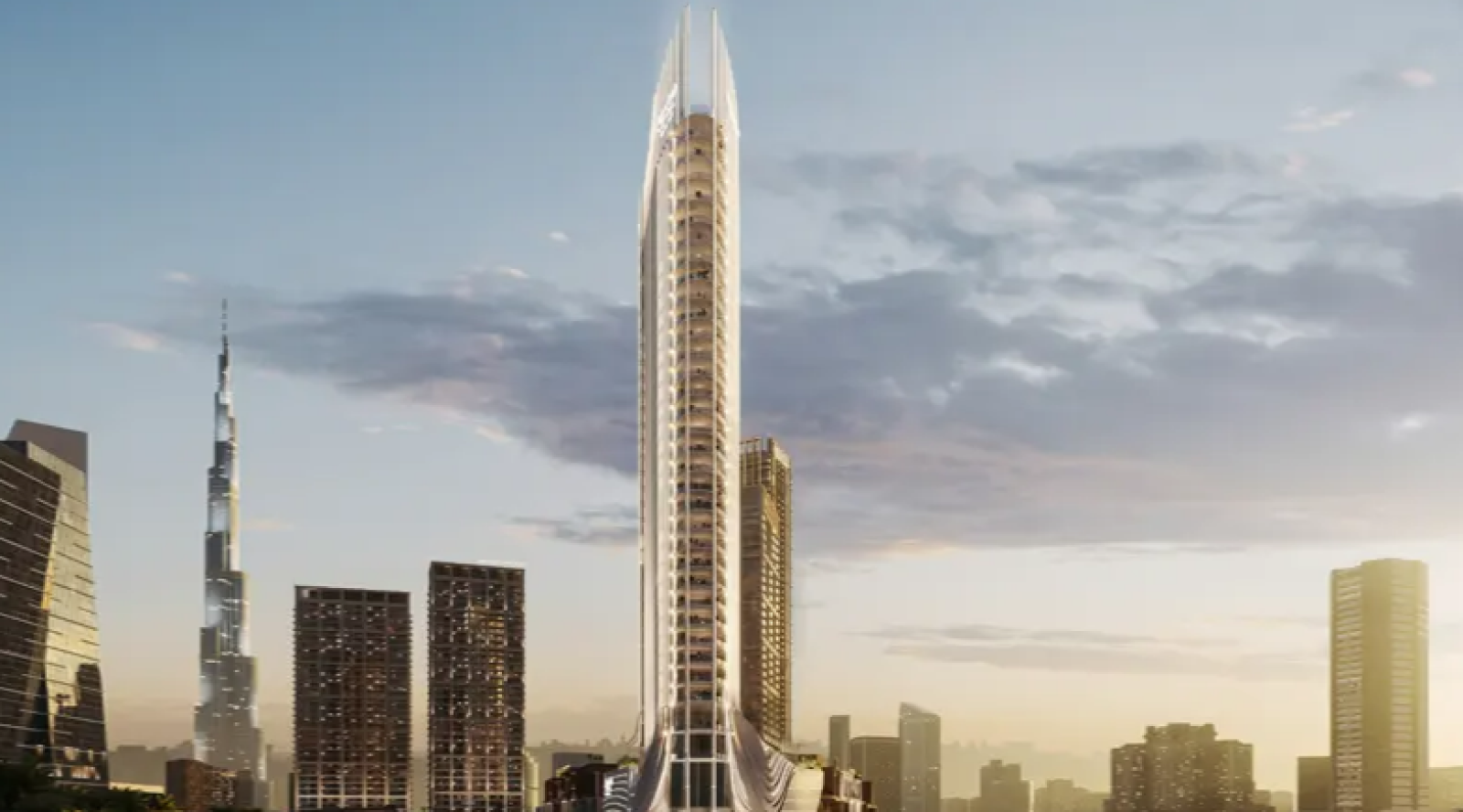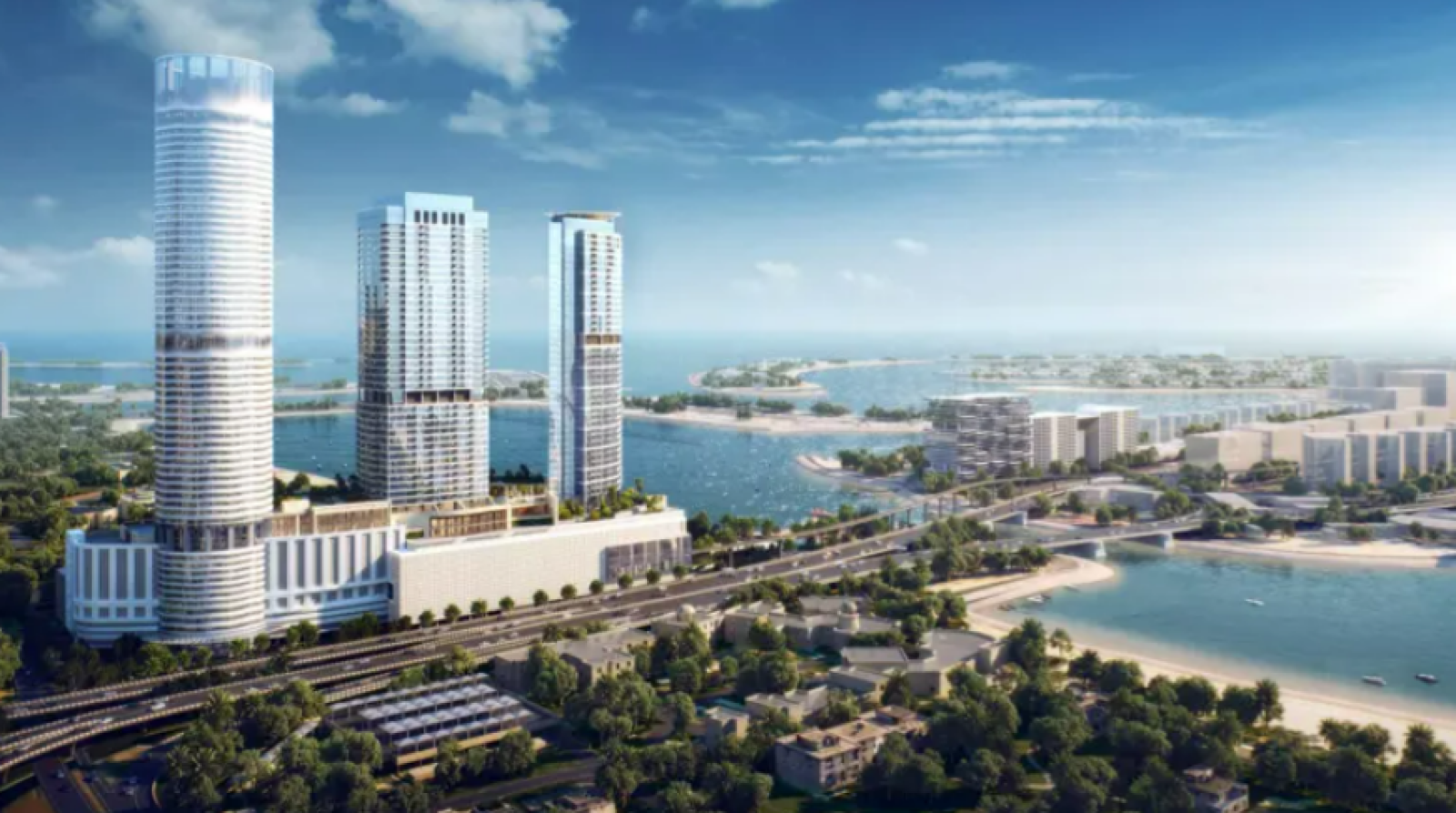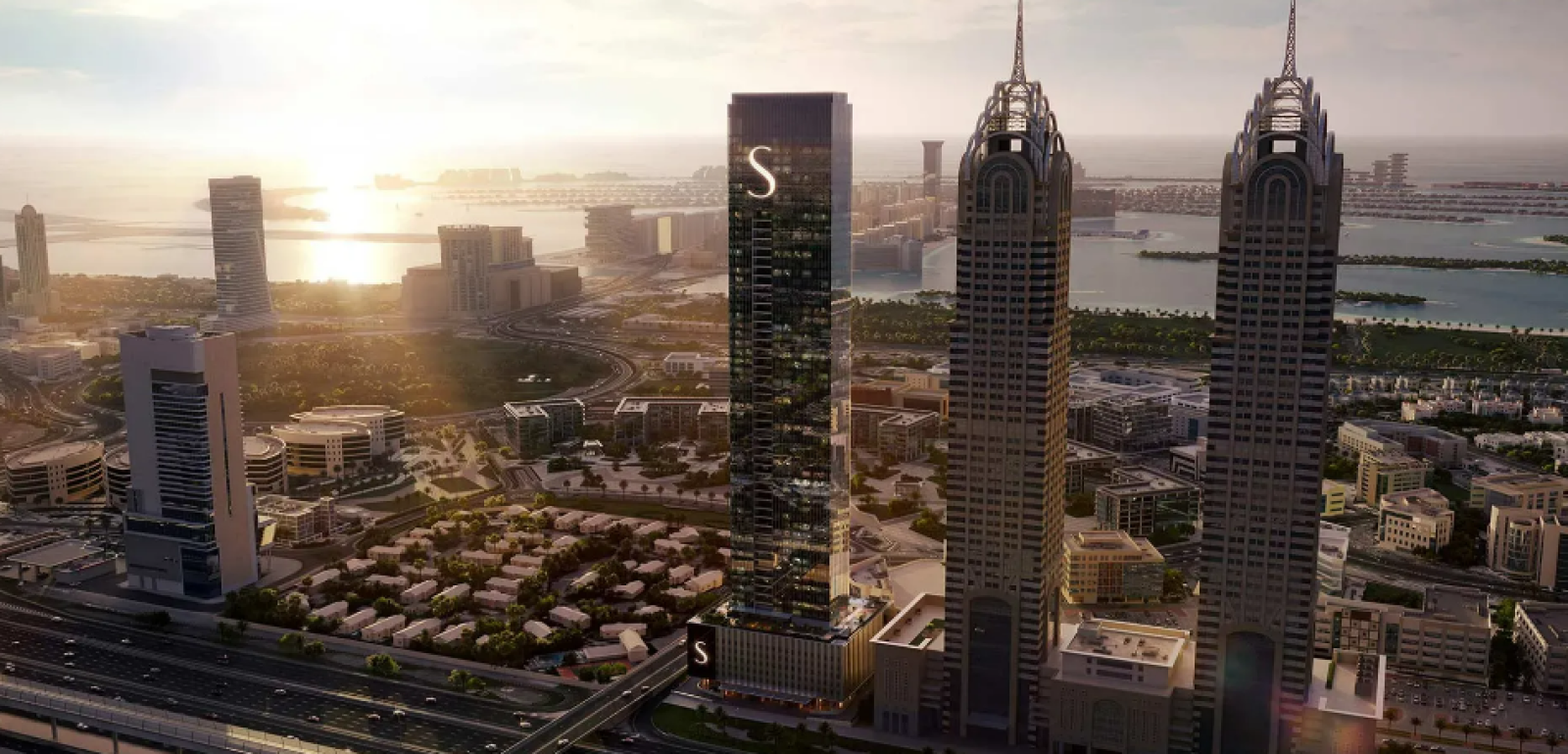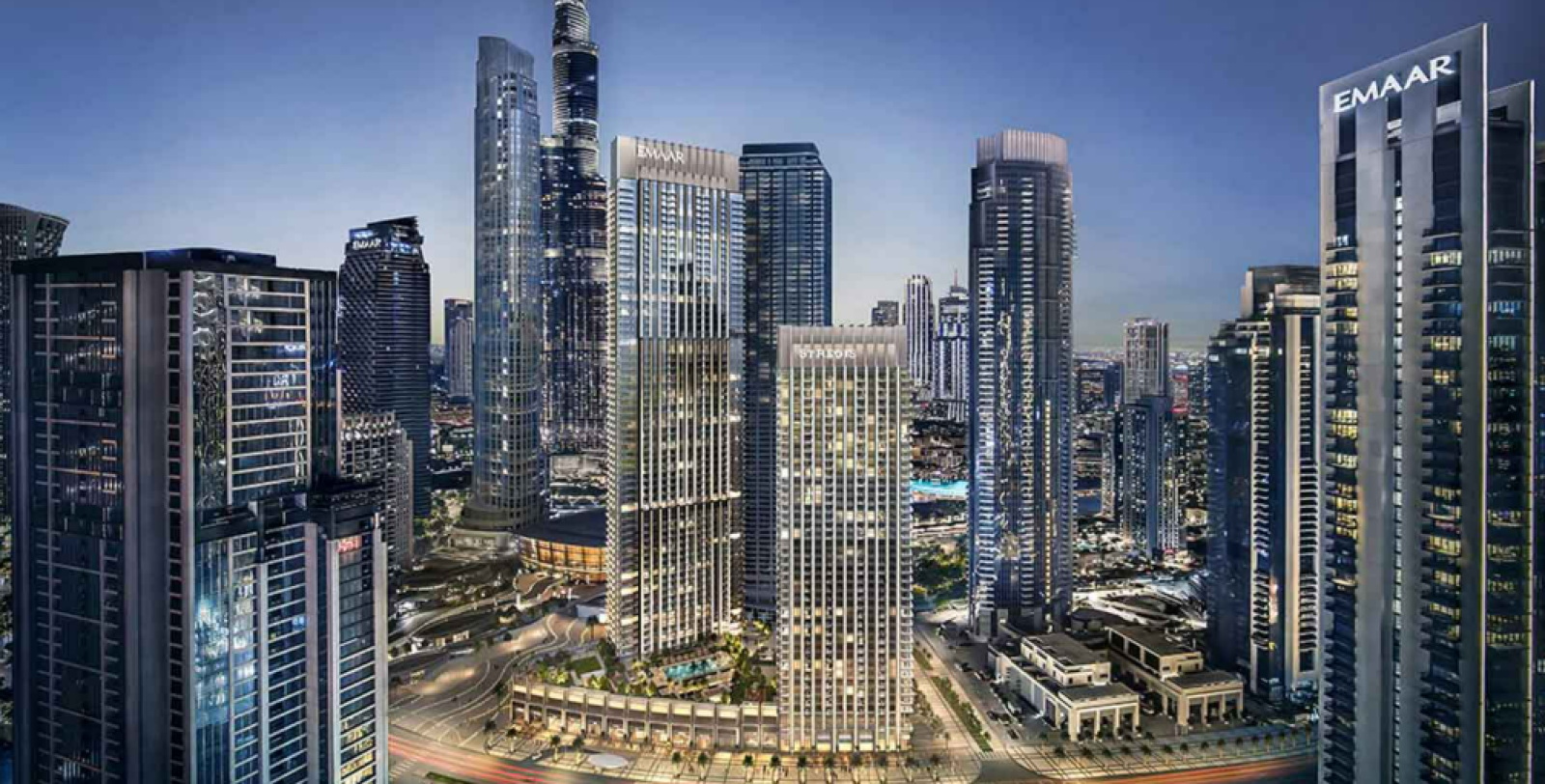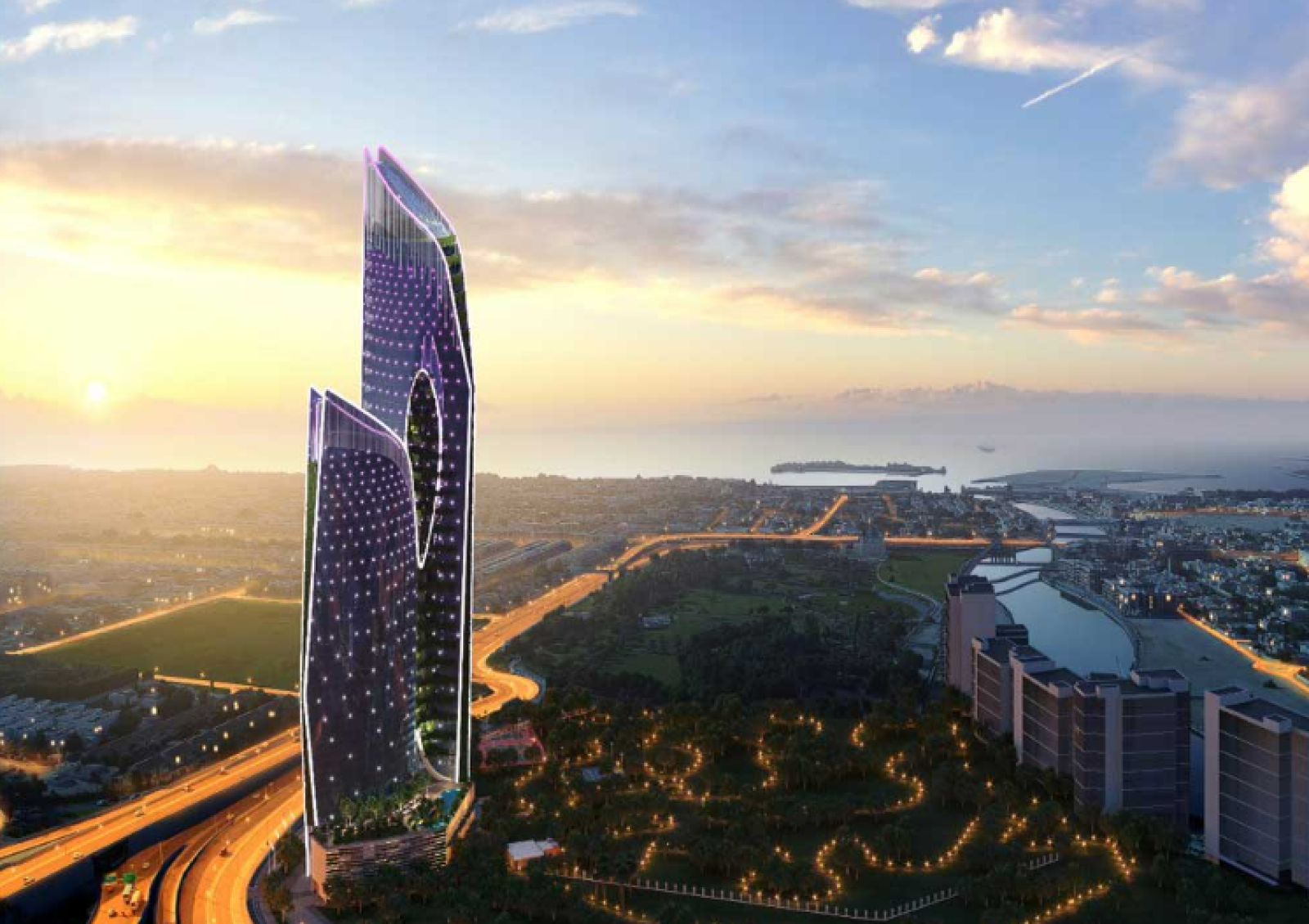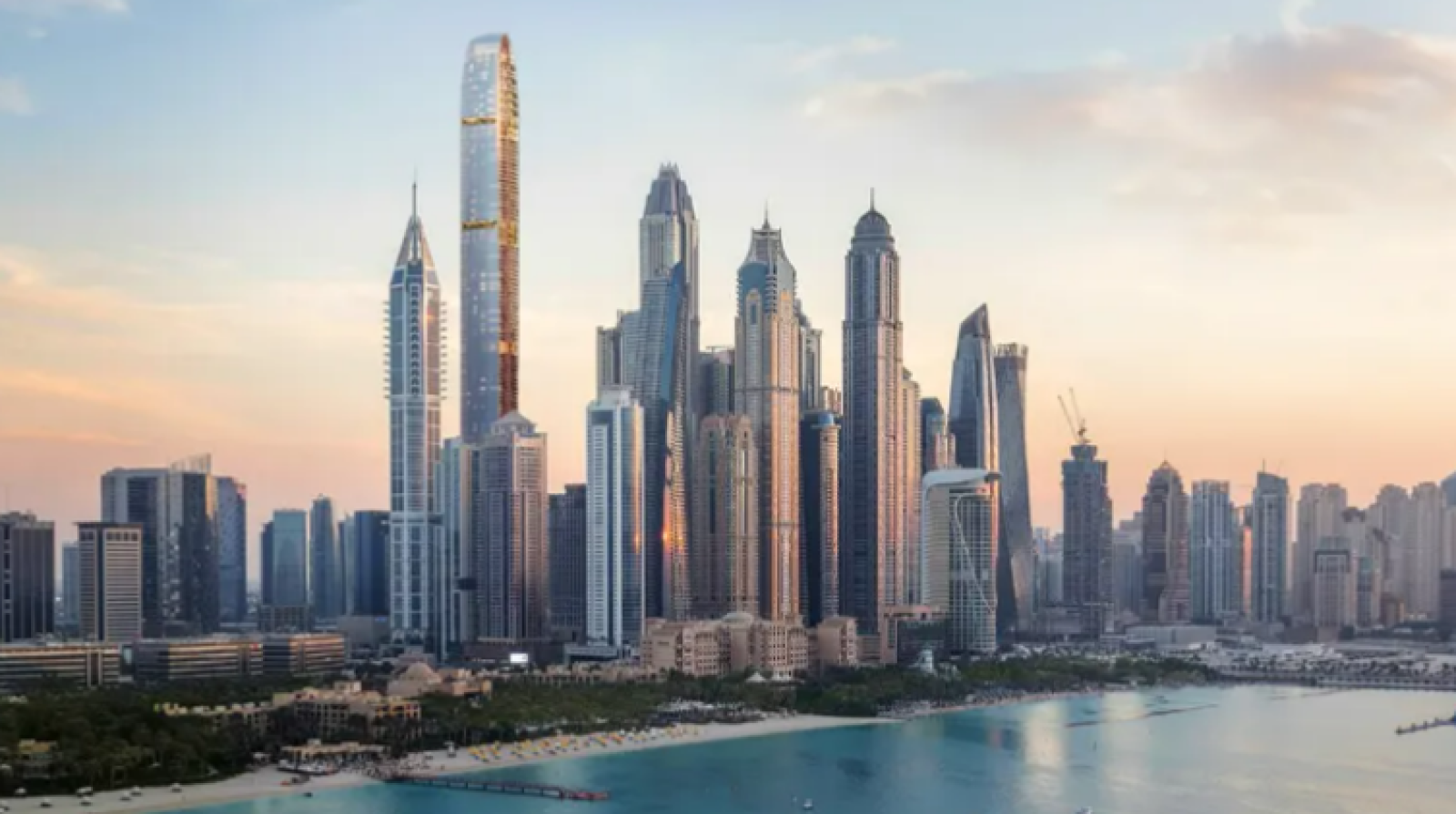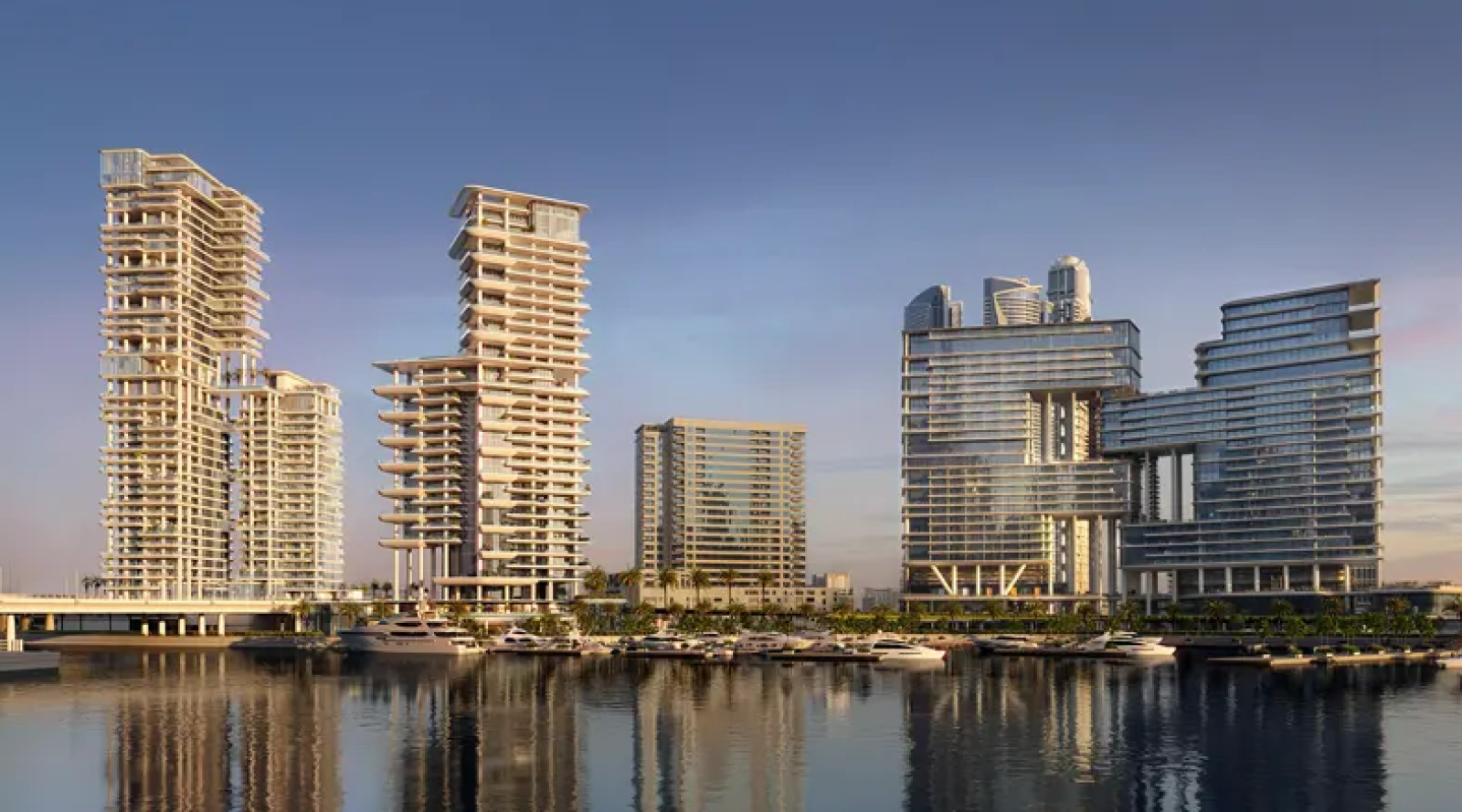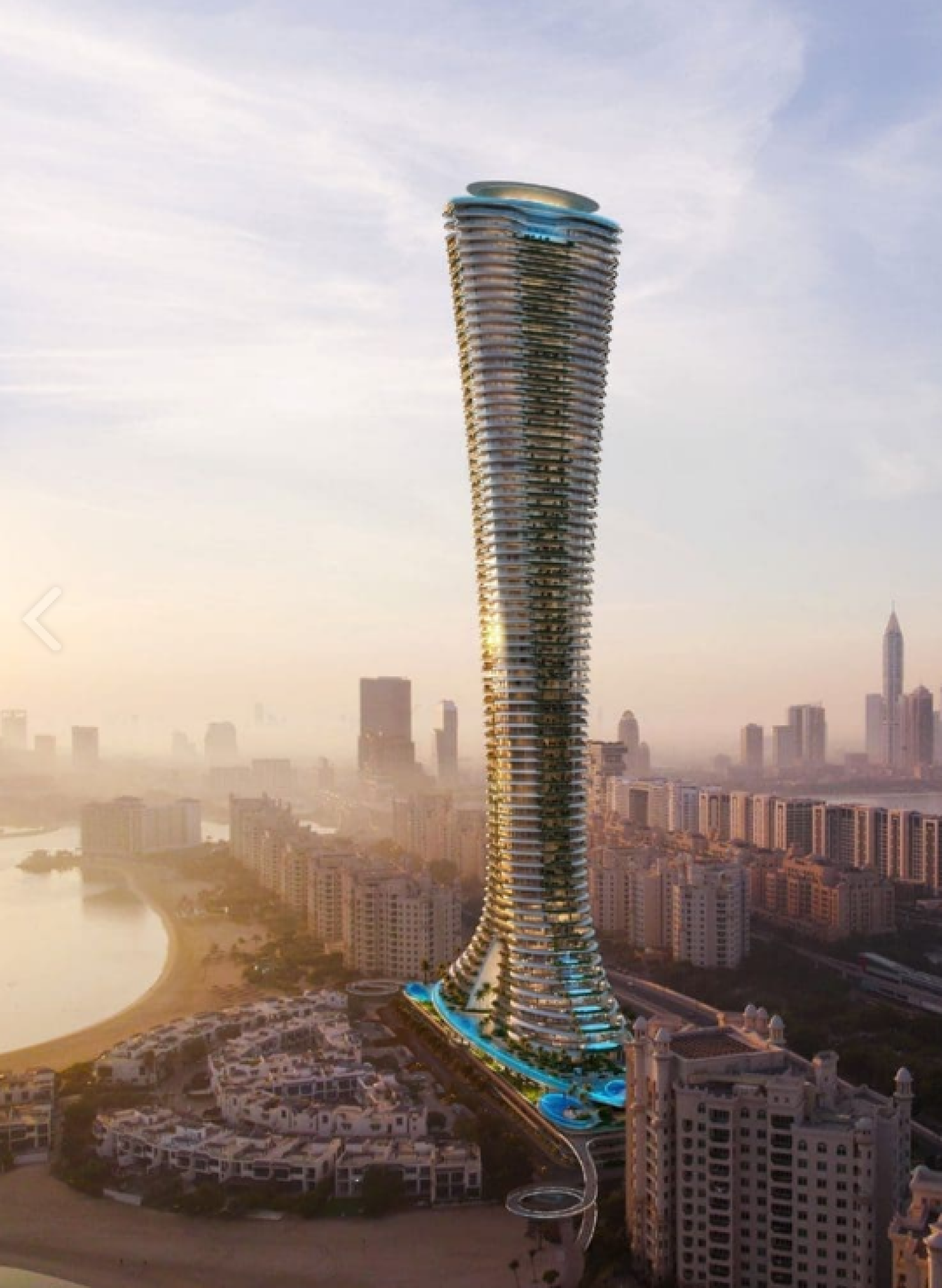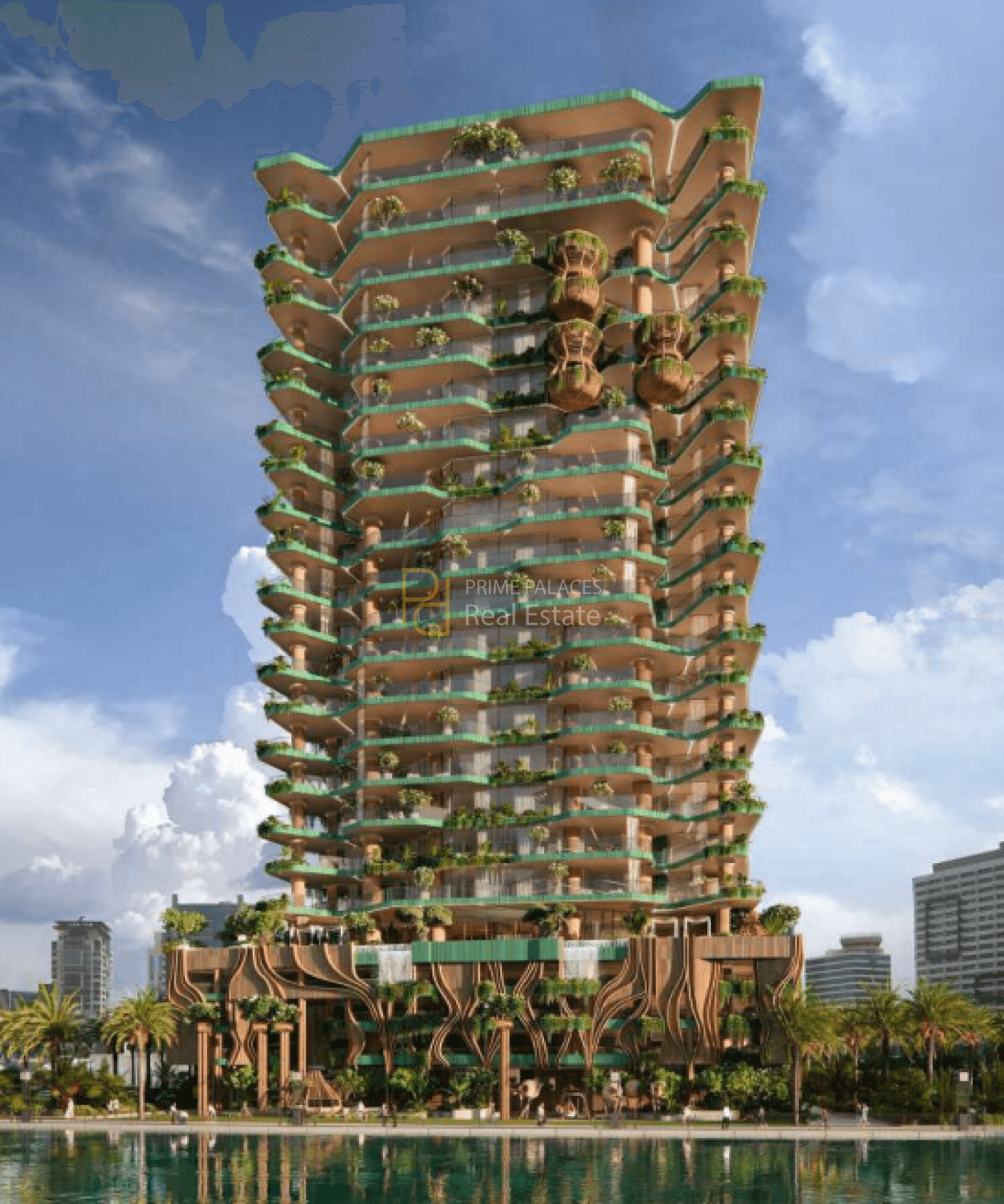A brief History of Real Estate as a Business Field
The real estate industry is among the oldest and most enduring business sectors in human history. What began as a symbol of power and status in ancient civilizations has grown into a multi-trillion-dollar global investment field. Today, cities like Dubai represent the cutting edge of real estate, blending traditional value drivers like location and ownership with technology, urban innovation, and international appeal.
Here’s how the real estate business evolved—and how Dubai has emerged as one of its most dynamic examples.
Origins of Real Estate: Land as Power
In early civilizations such as Mesopotamia, Egypt, and Rome, land ownership was closely linked to authority. Monarchs, temples, and elites held vast territories, often passed through lineage or military service. The Roman Empire was among the first to formalize property laws, introducing concepts such as land registration and inheritance that still influence today’s legal systems.
Feudalism and the Birth of Value
During medieval Europe, land ownership operated under the feudal system, where property was exchanged for loyalty or service. Although not traded openly, land became recognized as a source of wealth and influence, laying the foundation for real estate value as a long-term asset class.
Commercialization and Early Property Markets
The Renaissance ushered in a rise in private property rights, allowing land to be bought, sold, and leased. The growth of cities led to the birth of urban real estate markets, especially in Europe, as landowners began to monetize properties for farming, trade, and housing.
Industrialization and Real Estate Development
The 18th and 19th centuries brought the Industrial Revolution, sparking massive urban migration. Real estate development expanded rapidly, with investors buying land for housing, factories, and commercial use. This period introduced the first real estate agents, property finance models, and zoning laws, evolving land into a structured market.
20th Century: Globalization and Institutionalization
The real estate sector formalized into a global profession during the 20th century. Mortgage systems, REITs, and government-backed housing policies helped expand ownership access. Cities became investment assets, and the rise of real estate professionals—brokers, appraisers, and developers—further institutionalized the industry.
Dubai: The Modern Face of Global Real Estate
Nowhere has this evolution been more striking than in Dubai. In just three decades, the city transformed from desert land to a futuristic metropolis with one of the world’s most robust real estate markets.
-
Freehold ownership for foreigners
-
High rental yields (6–9%) in top areas
-
Zero property taxes and simplified registration
-
Strategic visa programs like the Golden Visa and Property Visa
Developments like Downtown Dubai, Dubai Marina, and Dubai Hills Estate showcase how Dubai blends global luxury standards with strong investment infrastructure. Its resilience post-crisis, smart city planning, and strong demand from international buyers make it a standout in the global real estate landscape.
Conclusion
From ancient land titles to Dubai’s skyscraper-studded skyline, the real estate business has evolved into a sophisticated, resilient global industry. As cities modernize and investors seek long-term returns, real estate continues to offer a balance of security, growth, and tangible value. And in the 21st century, Dubai represents this evolution at its finest.

